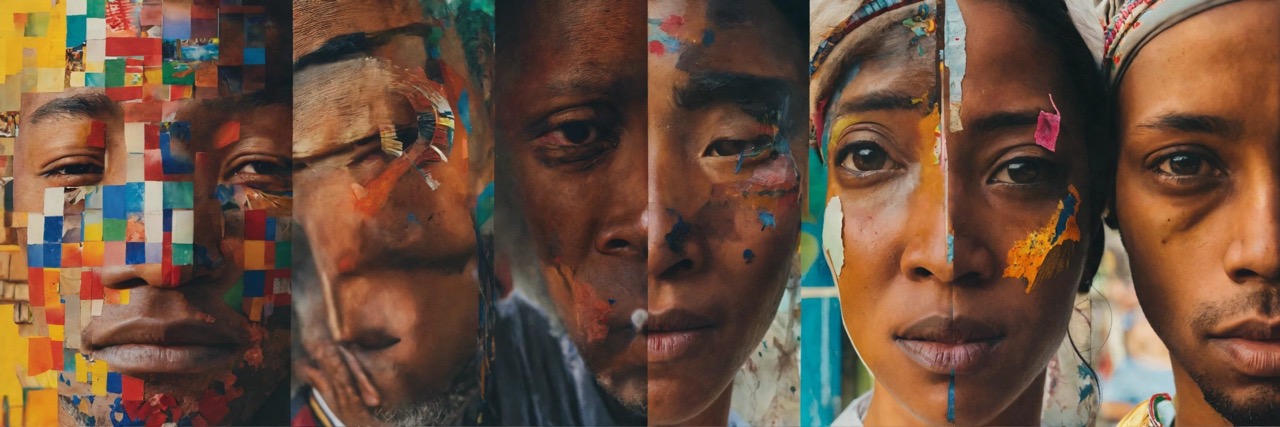I used to believe I wanted to be loved. But over time, that desire faded—not because love became less important, but because I stopped believing it was possible. The reason for this loss of faith doesn’t even matter anymore. What matters are the consequences.
When love felt out of reach, I began reaching for something else: admiration. It was more achievable, more measurable. I chased admiration by becoming a well-known radio journalist and a famous Russian blogger. And I got it—for a while. But gradually, that admiration didn’t just fill the void where love used to be—it replaced it entirely.
Then I moved to the U.S., where no one really knew who I was. The admiration dried up. I tried to impress, to perform, to be interesting, but it never quite matched what I had before. And since admiration had become my substitute for love, the lack of it felt unbearable.
I couldn’t connect with people—not really—because I wasn’t looking for love anymore. I was looking to be admired. And when I wasn’t, I felt hurt, insulted, even angry. I wanted to withdraw from the world entirely. I fantasized about escaping to an island where no one could disturb me. At the time, I didn’t understand why I felt so disconnected and hostile. Now, looking back, it’s painfully clear.
I was becoming someone I wasn’t—someone I didn’t like. And honestly, I had already started rejecting myself long before I understood why.
The truth is, who I AM is a possibility of love. Of connection. Of creating together. Of simply being with others in peace and presence. That’s the real me.
Here’s how I see it now: we arrive in this world as pure expressions of love—the essence we all come from. That’s why kids are so radiant, so unfiltered, so magnetic. But life happens. We begin to protect ourselves. We form identities, each layer a defense shaped by some early experience or belief. These identity layers are like onion skins. And the older we get, the more layers we collect.
Eventually, we can lose all contact with our core—our essence of pure love. Some people adapt to life in the outer layers. They live in survival mode, managing, functioning, but not truly living. But others—those with fire still in their hearts—begin the journey inward. They start peeling the layers.
That peeling can hurt. Sometimes deeply. Especially when you’re someone who feels everything, like I do. My unraveling was emotional and raw. But something extraordinary happened the closer I got to the core: I discovered what Love really is.
And it wasn’t what I thought.
Love is not a feeling. It’s a space. A space we choose to enter or not. A place we allow ourselves to be—fully, honestly, imperfectly. When we enter this space for ourselves, we start to see that everyone and everything is already inside it too. That’s Love.
It’s an infinite field that grows as soon as we allow ourselves to exist within it. And in that space, we can simply be. Just be love. Just be in love. Just be.
This is what Landmark helped me see. It helped me peel back the dusty layers of identity I no longer needed—those heavy coats that tried to protect me from being love, but only kept me separate from it.
Thank you for reading this. Truly. I hope something in these words reached you or reminded you of something real in yourself.
Let’s create something together.



